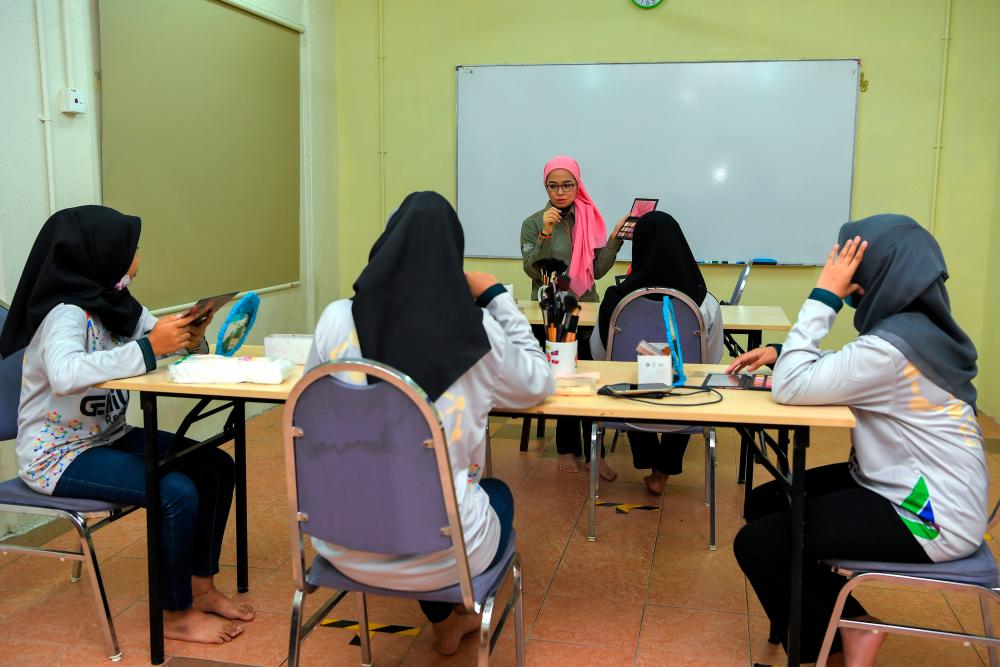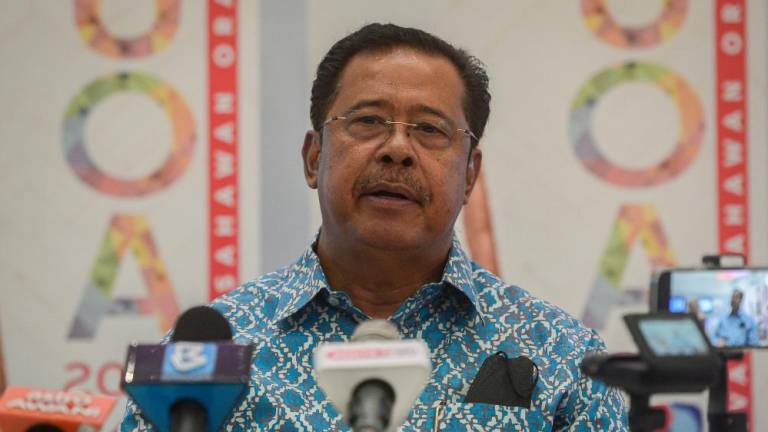PETALING JAYA: The Covid-19 pandemic is threatening to close the book on private education.
Enrolment is plunging as students, both locals and foreigners, leave in droves, forcing some universities and colleges to throw in the towel, while others are barely staying afloat.
As a result, a large proportion of the private education sector’s RM40 billion annual contribution to the nation’s gross domestic product has been wiped out. For operators of private higher education institutions (PHEI), the situation is dire.
As of March this year, Malaysia had 435 PHEI, comprising 335 colleges, 39 university colleges, 51 universities and 10 branch campuses of foreign varsities.
National Association of Private Educational Institutions president Assoc Prof Elajsolan V.M. Mohan estimated that about a fifth of them had enrolments of fewer than 100 students even before the pandemic. They are largely located outside the Klang Valley and other urban centres.
The Covid-19 pandemic has only exacerbated the situation. Elajsolan told theSun that a number of private institutions have already lowered tuition fees by up to 20% to help parents ride out the financial crisis caused by the economic fallout.
To make up for losses, they have downsized by letting go of part-time staff, while reducing the salaries of those who get to keep their jobs.
Elajsolan said the private education sector now supports more than 50% of post-secondary education, thus saving the government billions of ringgit. The government could help by offering stimulus packages to help PHEI survive, and to complement its role in providing tertiary education to school-leavers who are not able to gain entry into public universities.
Alternatively, the government could allow the private education sector to offer programmes through open distance learning to cater to the needs of international students who are unable to travel to Malaysia.
Elajsolan said foreign students who wish to stay on for diploma or degree courses should be able to renew their visas automatically without having to leave Malaysia temporarily.
He said smaller private institutions that are not able to stay afloat should consider merging with bigger ones. Acme of Management Science Skills Innovation and Technology (AMSSIT) founder Dr Renuka Dass said smaller institutions like hers are facing the brunt of the lockdowns.
Dass said enrolment numbers at the two branches of AMSSIT in Puchong and South City Plaza in Seri Kembangan has been dwindling.
“Our usual intake per semester was about 700 students for both branches. Last year, we only had 216 students. We have also lost about 30% of the 216 students, since the movement control order was imposed,” she said.
The Puchong branch has a capacity for 350 students, while the Seri Kembangan branch can take up to 1,500 students.
“Just when we thought we were out of the woods, we got another lockdown. This is challenging for smaller colleges like ours. We have to worry about operational costs and paying our staff.”
She said intakes have been postponed because of the movement control orders. “Last year, we were not able to take in any students for the September and October intake.”
Dass said the quality of education has also suffered because of a lag in adapting to online learning. “Most of our students are from the lower income group and they cannot afford smartphones and laptops for online classes.”
The failing job market has also caused parents and students to lose faith in the importance of education.
“Some have dropped out while others have chosen not to pursue their education.”
She said several requests for assistance from the government have been made but there has not been any response yet.











